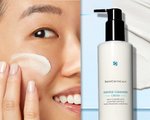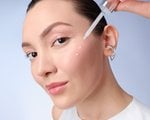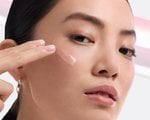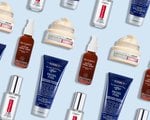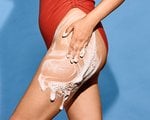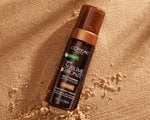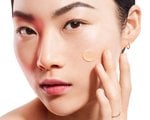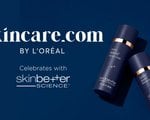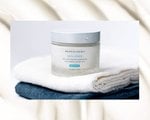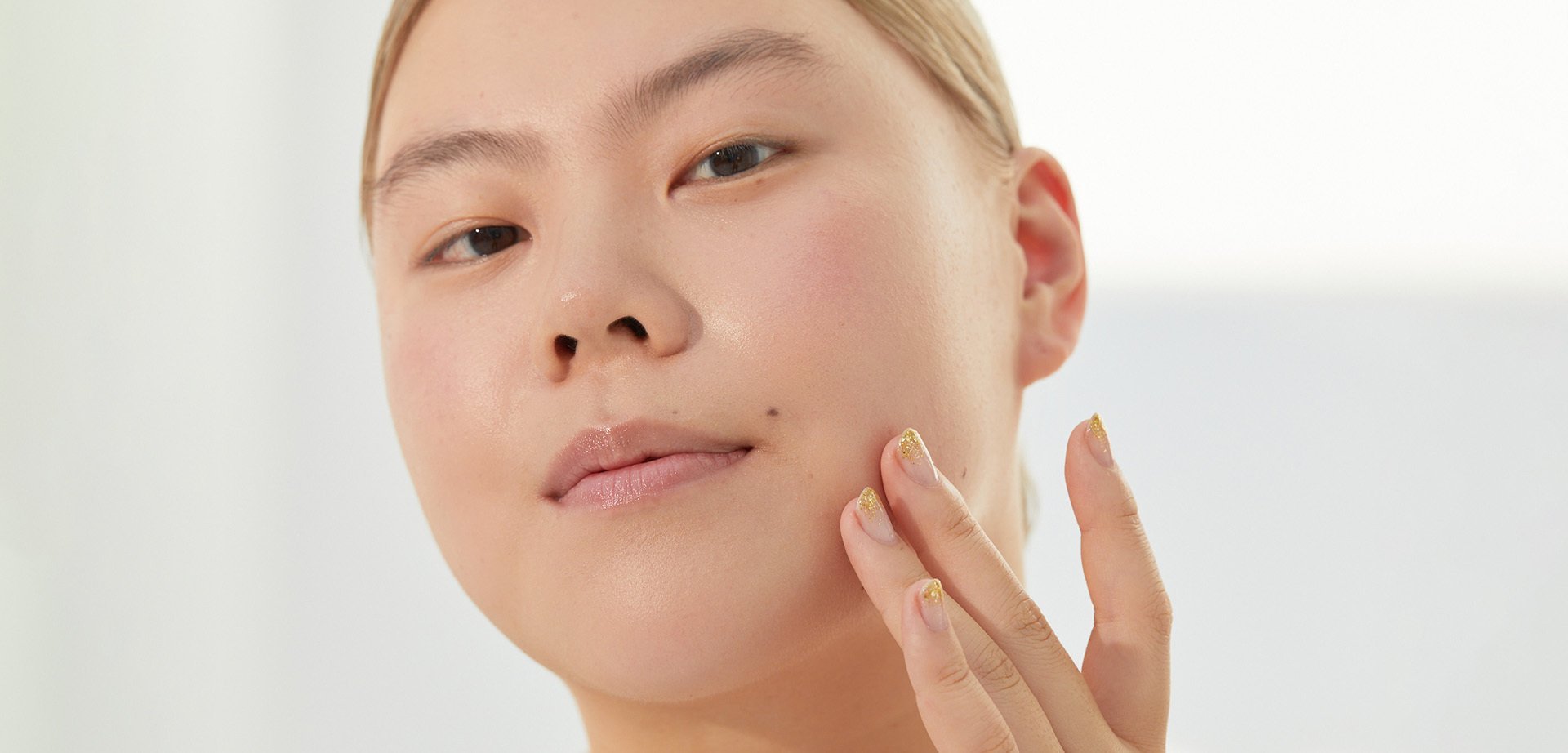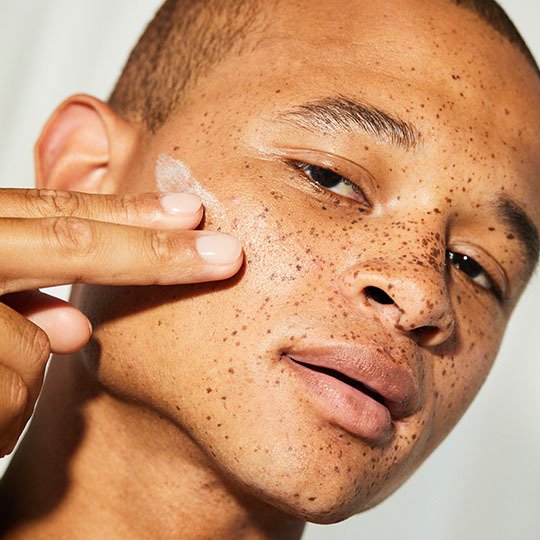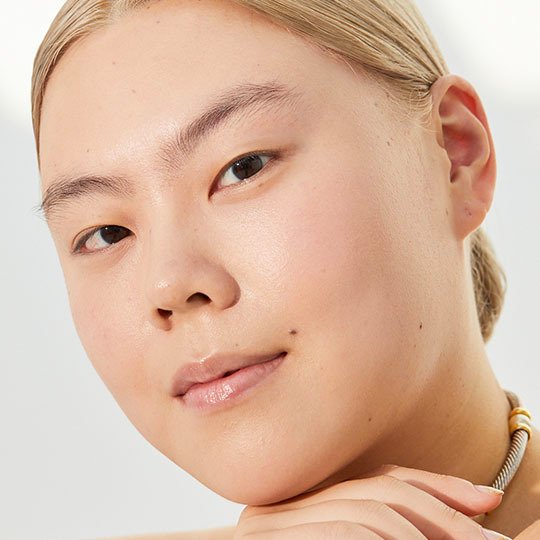How To Find the Best Face Wash for Your Skin Type
November 04, 2024Face Cleansers for Dry Skin
Dry, parched skin craves moisture. The best face washes for this skin type are those that gently remove surface dirt and debris while helping to replenish moisture for a comfortable, hydrated feel.
Thayers Milky Face Cleanser with Snow Mushroom and Hyaluronic Acid
This gentle, fragrance-free face wash is one of our top picks for dry, dehydrated skin. The snow mushroom and hyaluronic acid-infused cleanser helps remove build-up, makeup, and other impurities without disrupting your skin’s natural moisture barrier. Use it as the first step in your morning and nighttime skincare routines to help support soft, hydrated skin.

Garnier Erase It All Makeup Removing Cleansing Balm with Hyaluronic Acid
Cleansing balms have a higher oil-to-water ratio than traditional cleansers, which makes them ideal for sealing in moisture as they melt away excess oil and impurities. This hydrating balm with hyaluronic acid helps replump skin’s appearance while cleansing away dirt, oil, and even the most stubborn waterproof makeup. Bonus: It doubles as a face mask to help infuse dry skin with an extra dose of deep hydration. Use it alone or as the first step in your double cleansing routine for fresh, hydrated-feeling skin.

Face Cleansers for Oily and Acne-Prone Skin
Both oily and acne-prone skin can be prone to shine, clogged pores, and blemishes. If you’re wondering “What face wash should I use to keep my skin looking clear?”, we suggest seeking out foaming or gel-based formulas that remove excess oil without over-drying the skin.
CeraVe Foaming Facial Cleanser
When you have oily or blemish-prone skin, balance is key. You need a cleanser that can effectively remove excess oil and impurities, but you don’t want to use anything too strong and risk disrupting your skin barrier. This foaming cleanser from CeraVe strikes the balance perfectly. It has a lightweight gel texture and leaves the skin feeling refreshed, not dry or stripped. Plus, the hyaluronic acid-infused formula (which also contains ceramides and niacinamide) is non-comedogenic, so you won’t have to worry about it clogging your pores, either.

Skinbetter Science Refining Foam Cleanser
Formulated with a blend of alpha-hydroxy acids and beta-hydroxy acids, this daily exfoliating cleanser is a great pick for those looking to refine and brighten their skin. The velvety formula helps unclog pores and whisks away debris while simultaneously hydrating and conditioning for soft, smooth skin. As with any product containing AHAs, it can leave your skin a bit more sensitive to the sun—so be sure to be diligent about your SPF usage when using it (or any other exfoliating product) in your routine.

Face Cleansers for Combination Skin
Combination skin is exactly what it sounds like: skin that’s oily in some areas and dry in others. In this case, we suggest opting for a face wash for all skin types—the best ones will be nourishing enough to hydrate your dry patches, but lightweight enough that they won’t make your oily areas feel greasy.
Aesop In Two Minds Facial Cleanser
Considering that combination skin can have multiple qualities—such as shine in the T-zone and dryness on the chin, cheeks, and jawline—looking for cleansers that can handle competing needs can be an excellent starting point. This gentle gel formula with witch hazel, sage leaf, and salicylic acid removes dirt and impurities, without drying out skin or stripping it of its natural oils. Cleanse twice daily with this fresh-smelling, herbaceous face wash to help balance your skin and leave it feeling clean, purified, and soft.

Garnier Erase It All Makeup Cleansing Balm with Vitamin C
Remove makeup, dirt, and oil while boosting your skin’s natural radiance with this vitamin C-infused cleansing balm. The deeply hydrating formula provides up to 24 hours of hydration and emulsifies with water to create a light, milky lather that washes away easily, with no greasy feel. You can use the non-comedogenic formula alone, as part of a two-step cleansing routine, or as a ten-minute mask to help brighten a dull, lackluster complexion.

Face Cleansers for Sensitive Skin
Sensitive skin needs especially gentle care, as it can easily become irritated by certain skincare ingredients. In order to find the best face wash for reactive skin, pay special attention to labels and be sure to use products designed for this skin type. If you’re not sure of which ingredients to avoid, consider consulting your dermatologist—they can help identify what works (and doesn’t work) for your skin.
Youth to the People Superfood Cleanser
This beloved green juice-inspired face wash is suitable for all skin types, but we’re especially fond of its gentle formula for cleansing sensitive skin. It’s made with plant-based surfactants and helps wash away pore-clogging oil, dirt, and other impurities while supporting the skin’s natural pH for a clean, balanced feel.

La Roche-Posay Lipikar AP+ Gentle Foaming Cleansing Oil
This luxe, soap-free cleanser is accepted by the National Eczema Association—so you can count on it being mild enough to use on sensitive skin. The lightweight formula, which contains glycerin and La Roche-Posay’s signature Thermal Spring Water, gently removes impurities and provides up to 24 hours of moisture to help alleviate dryness. Over time, it also helps prevent moisture loss, leaving the skin feeling soft and supple.

How To Choose the Best Ingredients for Your Skin Type
Knowing which ingredients to look out for (and which to avoid) can be helpful when shopping for a cleanser—as well as other skincare products, such as serums and moisturizers. Here are a few ingredients that may be worth adding to your routine, based on your skin type.
- Dry skin: Dry skin lacks moisture, which can result in a dull, lackluster appearance. In some cases, the lack of moisture may cause roughness or flakiness, or the skin may feel tight and uncomfortable. To combat these concerns, you’ll want to look for rich, nourishing formulas that help hydrate the skin and lock moisture in. The American Academy of Dermatology (AAD), suggests looking for products that contain ingredients such as glycerin, shea butter, hyaluronic acid, or jojoba oil.
- Oily or acne-prone skin: Oily skin produces a higher-than-average amount of pore-clogging sebum (or oil), while acne-prone skin is skin that breaks out easily. To help keep breakouts and congestion at bay, the AAD recommends looking for lightweight, non-comedogenic products that help balance your skin. Products that contain mild exfoliants like salicylic acid can be beneficial for these skin types, but don’t neglect hydration—your skin needs moisture to look and feel its best, too. Just be sure to opt for non-comedogenic products to minimize the chance of breaking out when using a new product.
- Combination skin: Combination skin is dry in some areas and oily in others, which can make finding skincare products feel challenging. To help keep your skin feeling fresh and balanced, we suggest opting for products with lightweight hydrators that can help boost hydration without weighing down your skin. Hyaluronic acid and glycerin are both great picks—and, luckily, they’re both ingredients you can find in a wide array of skincare products.
- Sensitive skin: For those prone to sensitivity and irritation, knowing what to avoid is as important—if not more so—than knowing what to use. The United States Food and Drug Administration (FDA) lists fragrances, dyes, artificial colorants, and preservatives as some of the most common irritants found in cosmetic products. To help minimize the risk of irritation, opt for alcohol-free, fragrance-free products whenever possible, and seek out products designed to help calm and soothe the skin. If you’re not sure if what you’re using (or considering buying) is right for your skin type, consult a dermatologist.
Next Up: What Is The Correct Order To Apply Skincare Products?
EXPLORE BY TOPICS AND BRANDS
- product-picks
- Cleansers
- video-embed
- Embedded Video
- Garnier
- La Roche-Posay
- SkinBetter Science
- Youth To The People
- Aesop
- CeraVe
